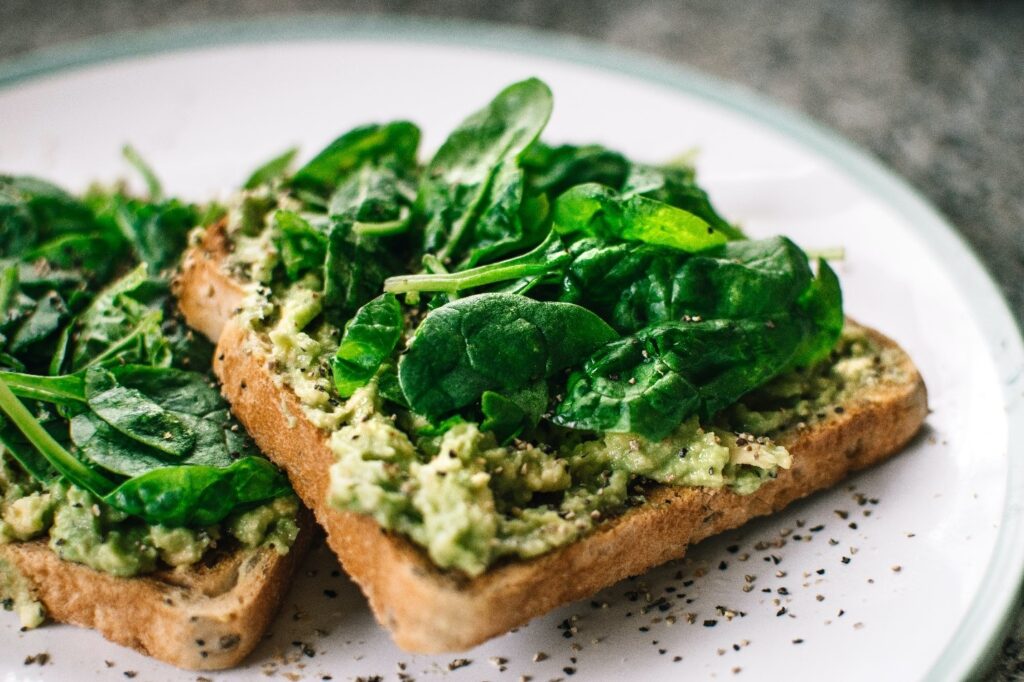The rise of veganism as a lifestyle has sparked lively debates over topics far more than diet. These discussions cover a wide range of topics, including ethics, sustainability, and health, and they present veganism as a movement that integrates compassion, environmental awareness, and moral alignment. Proponents of the lifestyle choice argue that it is based on empathy and eco-consciousness, but detractors raise concerns about potential health disparities and sustainability issues. It is crucial to do a thorough and comprehensive investigation of the moral and dietary aspects of adopting a vegan lifestyle in order to successfully navigate this passionate discussion.
Veganism, at its core, is a philosophical rejection to animal exploitation. This moral basis originates from the belief that animals shouldn’t suffer in order to be consumed by humans. Vegans aim to align their dietary choices with the values of compassion and non-violence by abstaining from animal products and minimising their engagement in sectors that cause suffering to animals.
However, the moral aspect of veganism is entwined with debates on the nutritional feasibility of a plant-based diet. Critics raise concerns about possible deficiencies in essential nutrients, which are commonly found in animal products and include protein, iron, calcium, vitamin B12, and omega-3 fatty acids. These worries highlight how crucial it is to make thoughtful food choices and carefully organise your meals in order to guarantee that you are getting enough of these nutrients from plants or supplements.

Vegans fervently believe that following a carefully planned vegan diet provides all the necessary nutrients as well as a host of health benefits. Studies suggest that a plant-based diet rich in fruits, vegetables, whole grains, nuts, and seeds can reduce the risk of conditions like heart disease, some types of cancer, and type 2 diabetes. Additionally, adopting a vegan diet is a step in the right direction towards protecting the environment, reducing greenhouse gas emissions, and preserving finite resources like land and water.
However, the battlefield becomes much more intense when examining the possible health risks associated with an inadequate vegan diet. Inadequate consumption of essential nutrients is a real risk to an individual’s health. Consider vitamin B12, which is essential for brain functioning and is mostly obtained from animal sources. A deficit in this vitamin can result in weariness, weakness, and neurological issues. Iron and calcium deficiencies are also significant, as they may lead to anaemia and weakened bones, respectively.
Tackling these nutritional uncertainties demands meticulous meal preparation and supplementation, essential for achieving a well-rounded assimilation of vital nutrients. Opponents contend that this detailed planning might remain out of reach or impractical, particularly in socio-economic contexts where access to varied plant-based foods or supplements is limited.
The argument is further complicated by the idea that veganism is a panacea. The conversation often ignores the variety of food requirements and cultural standards that each person possesses. What one individual finds to be a vegan diet that is nutritionally balanced may present serious challenges for another, depending on variables like age, health status, or geographic location.

Moreover, the moral foundations of veganism can provoke heated arguments, pitting vegans against non-vegans and overshadowing important conversations about sustainability, animal welfare, and individual health choices. Fostering a more inclusive discourse that honours a range of perspectives and acknowledges the complexity of dietary choices becomes essential to fostering understanding and collaboration for a more moral and sustainable food system.
The discussion of veganism encompasses a complex discourse that includes issues related to sustainability, nutrition, and moral quandaries. Although going vegan can lead to more mindful eating and even health benefits, it also requires careful preparation to avoid any potential dietary hazards. Recognition of the variety of personal dietary requirements and the promotion of inclusive conversations focused on making educated decisions can lead to a deeper understanding of the complexities entwined within the vegan debate. Above all, the goal should be to live a sustainable, compassionate, and health-conscious lifestyle, regardless of one’s political beliefs.
Sources
- https://www.quora.com/Why-is-veganism-so-controversial-but-eating-meat-and-dairy-not
- https://pittnews.com/article/160250/opinions/opinion-veganism-isnt-necessarily-the-most-ethical-or-sustainable-option/amp/
- https://www.myfood24.org/blog/the-vegan-dilemma-health-and-ethics-on-the-plate/
- https://jamanetwork.com/journals/jamanetworkopen/fullarticle/2806586




